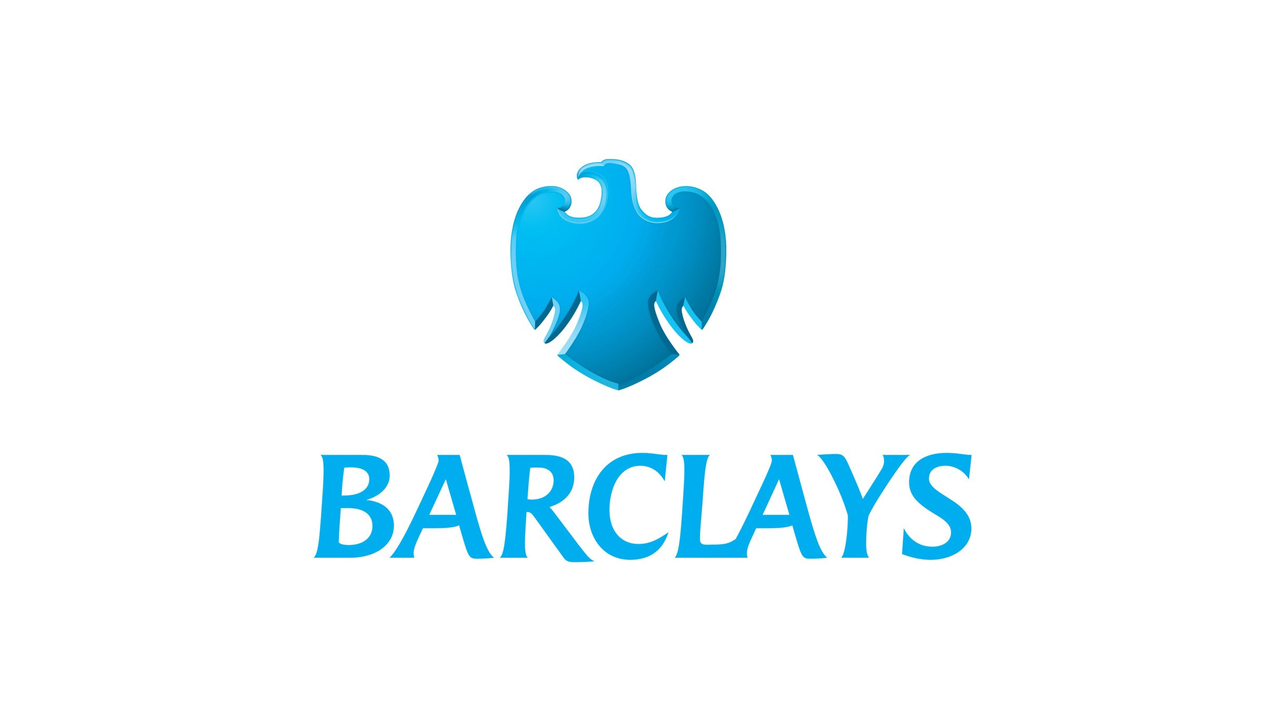Businesses across Europe face a new and challenging situation not seen in generations. A mass lockdown of society due to the coronavirus pandemic with thousands of businesses having been forced to send employees home. The societal impact is broad and deep; however, for ccTLD registries, beyond changes to how staff work, other business effects so far seem minimal. One aspect of registry business may, however, be changing — the volume of registrations themselves. Figures from CENTR show a spike in new registrations in the month of April 2020.
Based on a sample of 25 ccTLDs, new domains registered in April 2020 is up 20% from the same time a year earlier. The increase has even pushed up median domain growth rates of the CENTR30 (30 largest CENTR member ccTLDs) — something seldom seen over the past decade.
Often domain registrations are linked to events by investors hoping to make a profit selling those domains on the secondary market or sometimes by those with criminal motivation such as to create fake webshops selling products that will not be delivered. It is important to consider this before explaining other theories to the boost in new registrations.
A study conducted by CENTR in April 2020 studied newly registered domains of 12 ccTLDs between January and March 2020. The ccTLDs reported a total of combined 6154 domains which contained the term covid, corona and/or virus. To put this into perspective, the same set of ccTLDs recorded a total over 751K newly registered domains in the same 3-month period. The covid related domains, therefore, represent just 0.8%. A web crawler scanned the impacted domains finding roughly 26% had some sort of active website. The study shows a couple of things — firstly, that the appetite for covid themed domains appears small in ccTLDs and secondly that it does not likely explain the overall boost in new domains.
A more plausible theory to the boost in new domains links to the changing business and employment landscape. As lockdown has considerably reduced in-person customers to high street shops and cast millions of workers into precarious employment status, businesses and individuals have had to adapt. In order to cushion the impacts from falling revenues, traditional high street “bricks and mortar,” businesses have had to explore new and alternative ways of doing business. If a business did not have an online presence before, the pandemic has given a compelling reason to do so now. From fitness studios conducting classes online, theatres live-streaming shows, and countless others rapidly upgrading their sites to include payment gateways for orders, an online presence is more important than ever.
Take, for example, ‘The filling station Eco store’ — a small locally operated business in Galway, Ireland. The business offers “minimal waste dried groceries and eco-friendly household alternatives” and has been in operation since mid-2019. Although the owner did not previously consider a website to be a priority, it has now become a necessity for survival. A domain has since been registered in March, a website built, and the business is now taking online orders.
It is not just existing businesses upgrading their web presence. New business ventures are popping up that are capitalising on the new market demands created by the pandemic. For example, this London business selling face masks.
Will the spike in new registrations continue?
One of the key drivers of the continued selloff among stock markets around the world was based on a warning from a World Health Organization official who said the coronavirus might be a permanent fixture. It is becoming clear that the new business environment may become the new normal, which includes a deglobalisation of society.
Deglobalisation will move society and business to become more oriented to the local community, and limitations on physical distance will push them online more than ever. While domain names are just a small part of the online ecosystem, their role may become increasingly important. To illustrate the potential, consider that in many countries, SMEs account for well over 95% of the overall business population. Furthermore, the increase in local flavour may be an opportunity for ccTLD registries to reinforce their role as a locally focused and operated domain.
Whatever happens, the shift in the way business works is already happening. The opportunities to businesses may be substantial, and domain names represent tried and tested avenue to the online world.
Source: (http://www.circleid.com/)












